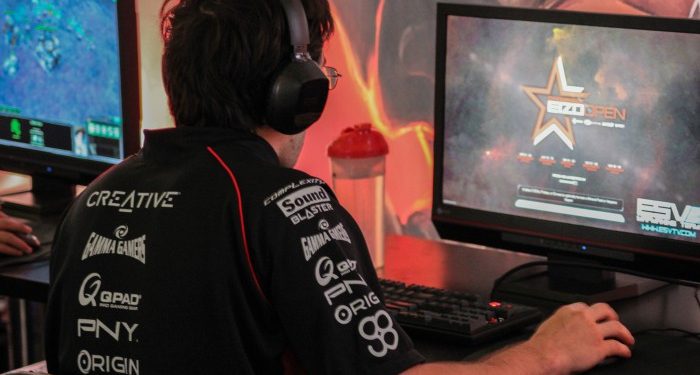With over 300 million worldwide viewership, esports is a truly global phenomenon. With so many people watching it, esports sponsorship opportunities are becoming more attractive for advertisers. And, as with any other sport, esports sponsorship agreements can be a significant revenue generator for rights holders.
When entering into an esports sponsorship agreement, both rights holders (whether they be players, teams, organizers, or publishers) and sponsors face several issues that the parties in a traditional deal sports do. Issues such as exclusivity, limiting liability, and payment are common across the board.
This article highlights the issues that concern those looking to take the leap into esports sponsorship, no matter which party of the agreement they are.
Who owns the rights?
Due to the complexity of intellectual property rights in esports, it is often difficult to determine who owns the rights to certain elements of the game’s IP. Whilst publishers own the underlying IP in the game, the licensing arrangements under which tournament organizers, teams, and players are permitted to use it, and the position as to who owns the copyright in broadcast material (among other things), will vary significantly on every case.
As a rights holder, you need to make sure that the registrations for your name and tournament logo are in place in the appropriate territory. The same applies to sponsors, they should know if there are protections sufficiently robust in key territories to enter into the deal.
Accordingly, both parties should be aware of the IP protection that they give or receive in their sponsorship agreements including but not limited to IP warranties and indemnities, as well as approval processes for use of IP.
The other side of brand protection
Esports is professionalizing rapidly. Whether through the standard rules and regulations, or the increase in regulatory intervention into the esports market, even within the past six months the industry has moved on significantly. However, given the globalized nature of esports, as well as the level of online media activity of players, incidents do sometimes occur causing reputation damage. Incidents involving Toronto esports players are recent and unfortunate examples in this case. The parties to an esports sponsorship agreement need to be mindful of reputational issues outside of IP violation, and how to address these contractually.
Getting the deal done
The above should highlight the key issues to take into account when trying to get an esports sponsorship deal over the line. The final one, though, is to make sure to get it properly documented. With sponsorship values increasing and deals extending from single seasons to four or five, it has never been more crucial to make sure that agreements reached at a meeting or over email are put down on paper. By doing so, both rights holders and sponsors can build long-lasting relationships and make the most out of the huge opportunities presented by the esports industry.
The above-mentioned are just a small selection of the issues that players should be aware of in advertising and sponsorship contracts. To know more about legal news related to gaming and esports, check out Lexyom’s Legal News publications.
Legally Yours,







